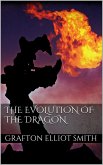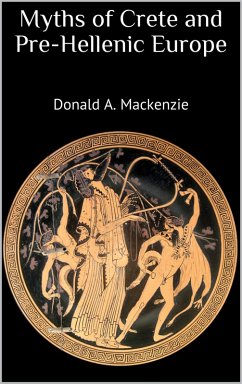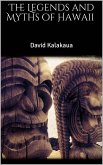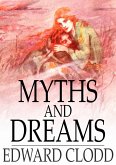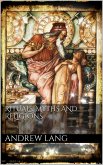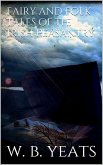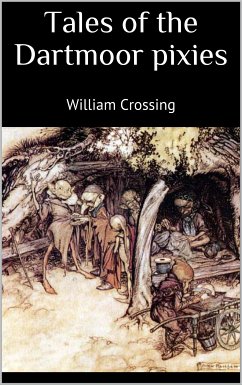We find in most countries a popular belief in different classes of beings distinct from men, and from the higher orders of divinities. These beings are usually believed to inhabit, in the caverns of earth, or the depths of the waters, a region of their own. They generally excel mankind in power and in knowledge, and like them are subject to the inevitable laws of death, though after a more prolonged period of existence. How these classes were first called into existence it is not easy to say; but if, as some assert, all the ancient systems of heathen religion were devised by philosophers for the instruction of rude tribes by appeals to their senses, we might suppose that the minds which peopled the skies with their thousands and tens of thousands of divinities gave birth also to the inhabitants of the field and flood, and that the numerous tales of their exploits and adventures are the production of poetic fiction or rude invention. It may further be observed, that not unfrequently a change of religious faith has invested with dark and malignant attributes beings once the objects of love, confidence, and veneration. It is not our intention in the following pages to treat of the awful or lovely deities of Olympus, Valhalla, or Merû. Our subject is less aspiring; and we confine ourselves to those beings who are our fellow-inhabitants of earth, whose manners we aim to describe, and whose deeds we propose to record. We write of Fairies, Fays, Elves, aut alio quo nomine gaudent.
Dieser Download kann aus rechtlichen Gründen nur mit Rechnungsadresse in A, B, BG, CY, CZ, D, DK, EW, E, FIN, F, GR, H, IRL, I, LT, L, LR, M, NL, PL, P, R, S, SLO, SK ausgeliefert werden.



